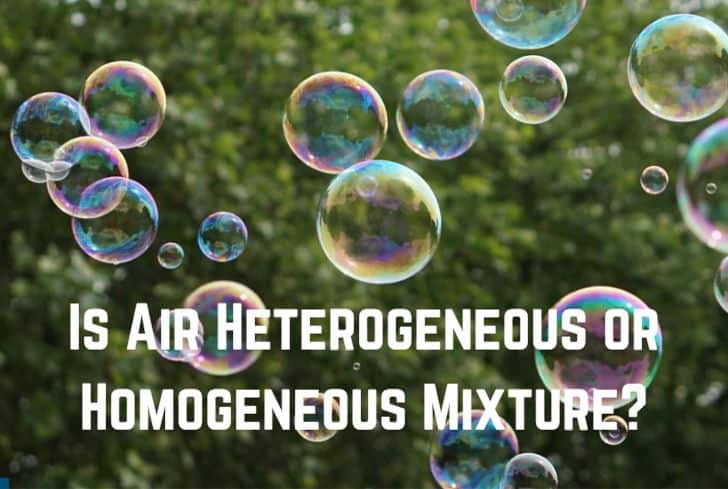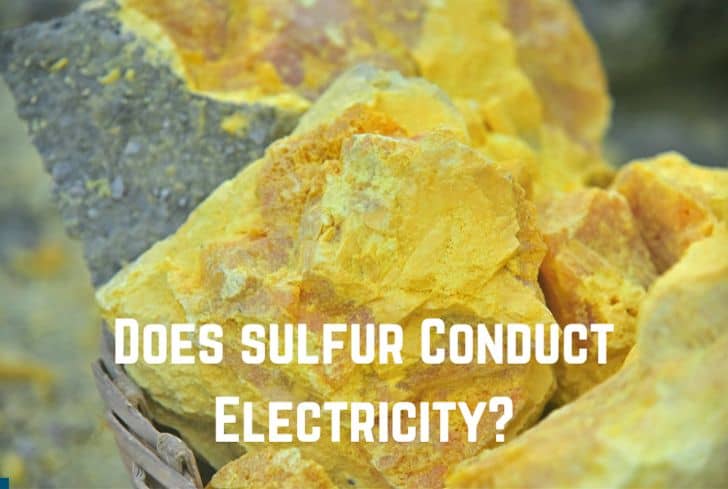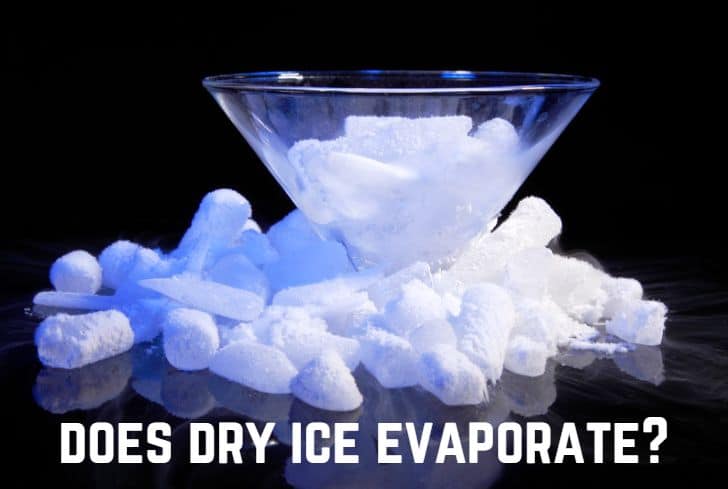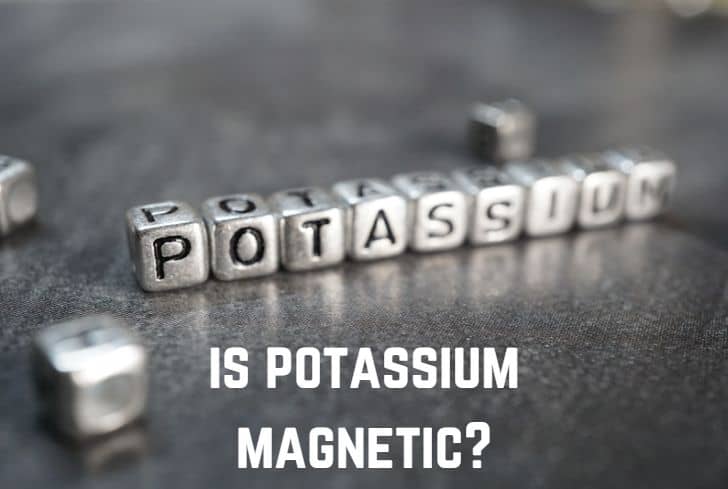Does Acetone Evaporate? (Yes. It Does)
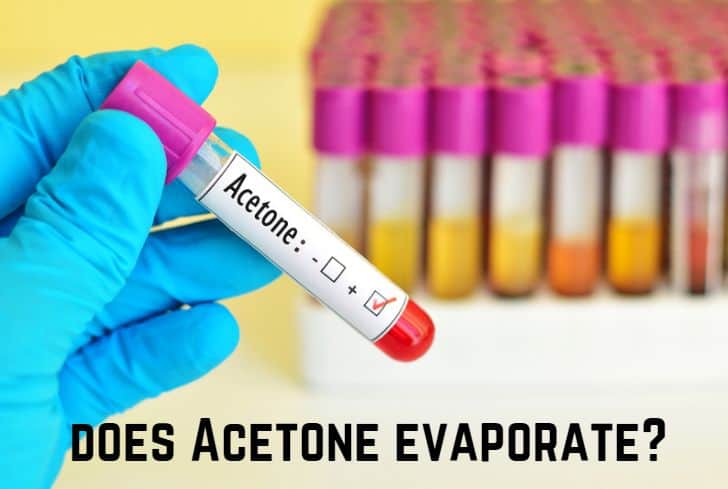
Acetone is a significant part of nail polish removers, which many individuals might not even be aware of. Several cosmetic products, not just nail polish removers, contain acetone. It is suitable for many domestic and industrial applications, including degreasing wool and producing plastic, among many others. Could its evaporation rate be one of its many desirable traits? But wait, does acetone evaporate?
For an answer to that question, keep reading this article. Additionally, we will clarify if acetone completely evaporates or at which temperature it evaporates, including room temperature. Finally, we will give tips on preventing acetone from evaporating and whether it conducts electricity.
Read: Does Mineral Spirits Evaporate?
Does Acetone Evaporate?
Acetone does evaporate because of weak intermolecular forces. Therefore, it must be kept in a tightly well-sealed container. The conversion of a liquid into a gas is referred to as evaporation. At room temperature, acetone is a colorless liquid. Usually, turning a liquid into a gas requires heat energy, leading to heat loss. As a result, you might experience cold when acetone evaporates off your skin or fingers.
The following factors will affect how acetone evaporates.
- Temperature: The rate of evaporation increases as the temperature rises. A portion of the acetone molecules can evaporate from the surface due to the rise in kinetic energy that occurs with a temperature rise.
- Surface area: More acetone can evaporate on surfaces with a larger surface area. Acetone will slightly or not evaporate over a small surface. For instance, acetone evaporates more quickly from an open palm than from a small-mouthed opened container.
- Environment: The flow of air currents above the surface of acetone will determine if evaporation will occur. The air current flowing over the surface will carry away any acetone molecule in a vapor state.
Why Does Acetone Evaporate Fast?
Acetone evaporates faster because of weak intermolecular forces. The lack of hydrogen bonding in acetone accounts for weak intermolecular forces. Acetone is a carbonyl group -CO member, comprising carbon and oxygen atoms. There is no physical bond to break by evaporation; the weak bonds between carbon atoms make evaporation easier.
Acetone’s functional group is a ketone, which, while being alcohol, lacks a straight O-H(hydrogen) connection.
Acetone will evaporate more quickly than water does. Water has stronger intermolecular forces than acetone. Strong hydrogen bonds between water molecules cause them to stick to one another. On the other hand, acetone has interactions caused by weak dipole-induced dipole forces.
At What Temperature Does Acetone Evaporate?
Between the freezing point and boiling point, acetone evaporates. Acetone starts to freeze at -171 °F (-95 °C) and its boiling point is 100 °F (-56 °C). Water has a boiling point of 212° F (100° C). Once both liquids reach their boiling temperatures, they will begin to evaporate. As a result, acetone will begin to evaporate before water.
Acetone has a faster evaporation rate since it is a very volatile liquid. Because of its extreme volatility, you must store acetone in tightly sealed containers.
Does Acetone Evaporate at Room Temperature?
Acetone will easily evaporate at normal temperature, just like many organic solvents. Acetone is regarded volatile liquid. The vapor pressure of a liquid determines how volatile it is. A liquid with weak intermolecular interactions, such as acetone, has a higher vapor pressure and evaporates more quickly. Acetone with a lower boiling point will readily convert into the gas phase at room temperature.
If you pour some acetone on your hand, you feel cold because it evaporates at room temperature. Acetone evaporates, changing from a liquid to a gas, which requires heat energy. Your hand feels cold because acetone absorbs your hand’s heat energy while evaporating.
Does Acetone Evaporate Completely?
Pure acetone evaporates completely. However, acetone will likely evaporate and leave a residue if combined with another substance, like water. Another example is acetone in nail polish remover. The main ingredient in the polish remover is acetone, although there is also some oil. Acetone will quickly evaporate due to its rapid evaporation, leaving the oil as a residue.
Acetone can also be found in rubbing alcohol, furniture polish, and nail polish removers. It is a material that can dissolve many substances, preserving their liquid state. Once you apply the substance to a surface, acetone evaporates and leaves the substance behind.
The fact that it doesn’t leave any residue makes it perfect for cleaning chemical stains off of glassware. Acetone is a good all-purpose solvent because of its molecular structure. It possesses both polar and nonpolar qualities. It can thus dissolve non-polar compounds, thanks to that.
Does Acetone Expire?
If kept in the right conditions, pure acetone doesn’t expire. It has an indefinite shelf life if stored correctly in a cold, dark environment. But depending on the container you store it in or the other substances you mix it with, acetone can go bad. Most bottles manufacturers use to put in acetone has a shelf life of 36 months.
The acetone will evaporate quickly once the container begins to degrade after 36 months. Acetone’s shelf life is dependent on the lifespan of the materials it mixes with. For instance, all ingredients in nail polish remover other than acetone typically lose their effectiveness after 18 to 24 months.
Does Acetone Conduct Electricity?
Acetone is incapable of conducting electricity. Acetone lacks free-flowing ions, which are necessary for any element to conduct electricity. Acetone’s ions do not split apart to conduct electricity even in the solution. It is called an electrical conductor if a substance can conduct electricity on its own or when combined with water to form an electrically conductive solution.
A material must be an ionic compound to conduct electricity. Additionally, the substance must be able to split apart to form ions. If it can dissociate, then it can conduct electricity even in solution form.
How to Keep Acetone From Evaporating?
You want to keep your acetone safe for as long as you can. But how do you do it, given how quickly it evaporates? Below are some suggestions for keeping acetone from evaporating.
1. Acetone push-down dispenser
Ensuring the acetone container has a tight-fitting cap is one of the simplest ways to prevent acetone from evaporating. Don’t leave the container open for an extended period when using acetone. However, that might be difficult, hence the need to install or pour acetone in a container with a push-down dispenser.
If you fail to put the cap back on, the dispenser closes automatically to prevent acetone from evaporating. Since the acetone container is automatically locked, there will be no spill should it fall. Here is an example of a push-down dispenser bottle.
2. Store acetone containers in larger containers
You can also store the tightly sealed acetone containers inside a larger, completely sealed container.
Read: Does Bleach Evaporate?
Frequently Asked Questions
How long do acetone vapors last?
Acetone primarily lives as a vapor in the environment, where it can travel quite a distance. Sunlight and other chemicals break down 50% of the acetone in the air in 22 days. Through snow and rain, acetone vapor will penetrate water and soil. Acetone returns to the atmosphere after it evaporates.
Is it safe to store acetone in plastic?
According to the plastic. Acetone will damage plastics and cause leaks. Although you can use fluoroplastics (Teflon, Tefzel, etc.) and other tougher plastics like polyethylene, polypropylene, and polyethylene to hold acetone.
Since acetone can dissolve any type of plastic, you must ensure that the containers are sufficiently thick. Glass containers work well as storage containers for acetone.
Can you mix acetone with water?
Yes, acetone dissolves in water. Since acetone is the solute and water is the solvent, no two layers will ever overlap. Distillation is the sole method that can separate the two liquids. A lower temperature than that of water will cause acetone to evaporate.
Such a mixture is referred to as an azeotropic mixture. Hydrogen bonds will form between these substances when acetone dissolves in water. These linkages ensure that acetone dissolves entirely in water to create a homogeneous solution.
Is acetone an alcohol?
Acetone cannot be alcohol. While alcohol belongs to the hydroxyl group (OH), acetone belongs to the carbonyl group (CO). You can drink and touch alcohol but don’t try the same with acetone.
Acetone or any product containing it can cause oral inflammation, vomiting with blood spots, and nausea if mistakenly consumed. Your skin will inflame, and coming into contact with your eyes could seriously harm them.
Conclusion
Acetone evaporates rather quickly. Thus, you must store it in containers that are firmly sealed. The evaporation rate is nevertheless influenced by temperature, environment, and surface area. Acetone can evaporate at room temperature because it has a lower boiling point than water.
Pure acetone does not expire or leave a residue unless combined with another compound. Acetone lacks the ions necessary to conduct electricity; hence it does not. Evaporation will occur when you leave the acetone containers open. The simplest method to avoid that is to keep them in bottles with push-down dispensers. The smaller acetone bottles may alternatively be kept in bigger, better-sealed containers.



